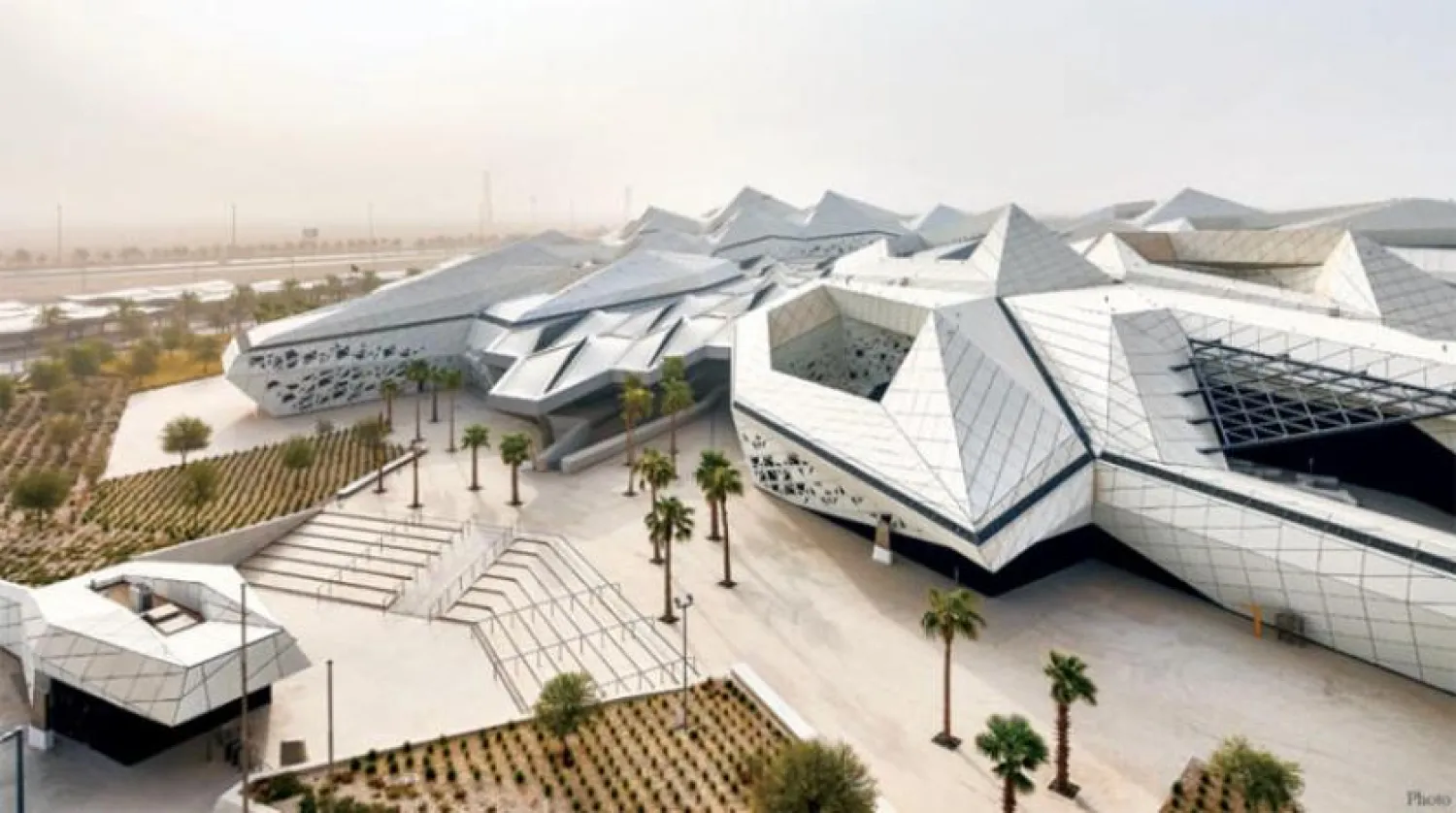Saudi research centers, through their large contribution to preparatory sessions of the upcoming G20 Riyadh summit, have proven their ability to both lead ambitious global agendas and present sustainable policy proposals that tackle some of the 21st century’s most pressing challenges.
Think tanks like the King Abdullah Petroleum Studies and Research Center (KAPSRC), the King Faisal Center for Research and Islamic Studies (KFCRIS) and the Gulf Research Center presented an exceptional opportunity to expand partnerships and reinforce intellectual leadership.
They also elevated the global ranking of Saudi research centers and boosted their capacity to partake in the local, regional and international decision-making circles.
The T20, dubbed the “ideas bank” of the G20, convened for the summit in Riyadh under the direction of two lead organizations, KAPSARC and KFCRIS.
T20 chair and Vice President for Research at KAPSARC Dr. Fahad Al-Turki said the T20 has devoted continuous efforts to studying the effects of the Covid-19 pandemic and analyzing its economic and social repercussions.
Not only has the T20 exerted efforts to discover ways to confront the pandemic’s effects, but it also presented policy recommendations for global cooperation on risk management related to the dangers of Covid-19.
Additionally, it promoted coordinated measures that improve the ability to respond to similar emergencies should they occur in the future.
“Saudi Arabia seeks to achieve a future dominated by economic prosperity, sustainability and inclusion. Therefore, it focused efforts on achieving climate and environmental goals, by promoting the concept of circular economy with low carbon emissions, and on empowering women and preparing youth for a more inclusive society,” Al-Turki said.
He also noted the Kingdom encouraging pluralism and economic development.
Al-Turki pointed out that T20 research and study centers had centered their work on improving sustainable resources, achieving international energy and food security, and making use of technology and digitization to address global issues.









